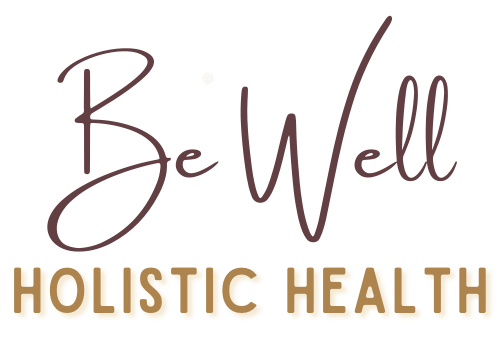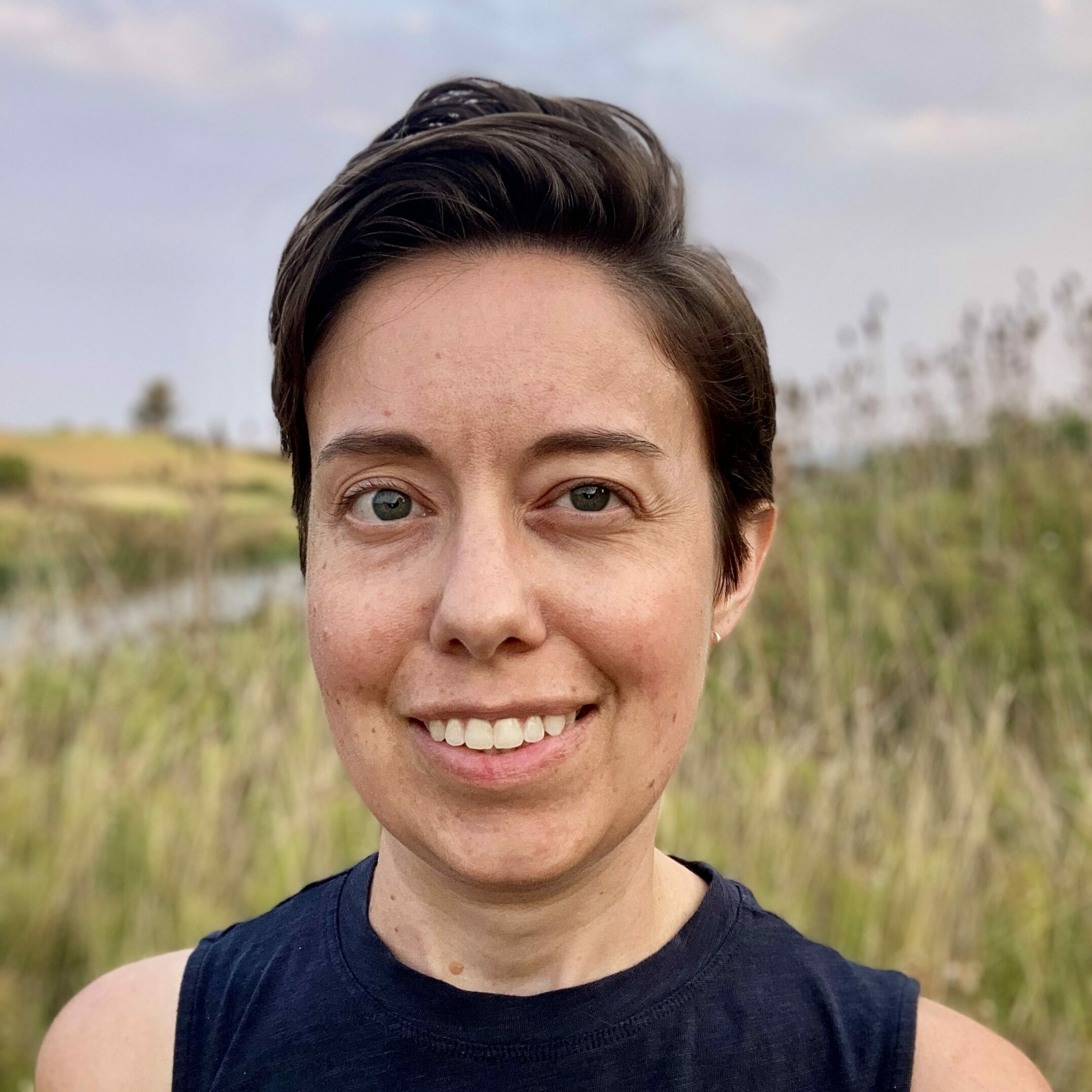Neuro & Laser Acupuncture
What is laser acupuncture, and how does it differ from traditional acupuncture?
“Laser acupuncture, or photobiomodulation (“photo” = light, “bio” = life or body, “modulation” = change or activate), is the activation of the body and acupuncture points using what’s known as “cold lasers”. This means they don’t produce any heat but use focused light in the infrared or near-infrared spectrum. This is different from traditional acupuncture because there are no needles involved and nothing inserted into the skin. It uses the same approach, just using special light to help the body to respond and heal.”
What is neuro acupuncture?
“Neuro acupuncture, or acupuncture neuro-modulation is the use of acupuncture techniques informed by modern understandings of the nervous system and neuroscience to treat neurological and brain conditions. This can range from nerve damage from an injury, to diabetic nerve pain, to stroke or brain injury, to neurocognitive disorders just as a few examples. While I specialize in post-concussion and brain trauma, I work with a wide range of neurological conditions.”
What are the benefits of this therapy?
“Photobiomodulation basically stimulates the body to produce more energy to allow it to heal faster and do more work. It changes the ability of the mitochondria in the cells of the body to produce more ATP which is the energy your body uses to do just about anything. It’s also been shown to stimulate cell growth and metabolism, an anti-inflammatory response, reduce scar tissue, reduce pain signaling, stimulate endorphins, and relevant to a lot of my work, it’s also stimulates nerve function.”
Are there specific conditions that respond well to this type of treatment?
“Because it stimulates the immune system and the body’s fundamental ability to do more of what it’s suppose to do to heal, and it can be applied to acupuncture points to elicit a therapeutic effect, laser acupuncture can be used for most conditions that acupuncture can be used for. This includes acute and chronic pain, complex pain conditions like fibromyalgia, inflammatory conditions, immune disorders, digestive health, and of course nervous system and brain conditions.”
Who are ideal candidates for laser acupuncture therapy?
“Laser acupuncture is a great option in many situations and conditions as said before but it is particularly appealing for those where traditional acupuncture techniques may be too stimulating. In working with a lot of people who have had brain trauma, the nervous system can become hypersensitive to many things – lights, sounds, and sensations. What’s called their “metabolic threshold” is lowered, which means too much sensation can overwhelm the nervous system and make things worse; so in these situations laser acupuncture is a great option because it’s less likely to go over that threshold. It’s also a great option when working with children as a needleless option and as children’s body’s receive and assimilate treatments/incoming signals faster than adults. Kids tend to be much receptive to a small laser light being put against their skin than needles.”
How should a patient expect a treatment to go? / What is a typical
treatment like?
“A treatment starts out like a standard acupuncture session with an intake to determine what the most appropriate treatment protocol is and what points are going to be most effective. Common diagnostic techniques like pulse taking and physical examination as necessary are done to help determine the treatment protocol. The person then usually lays either face up or face down on the massage table depending on what’s most appropriate. Treatments can also be done laying on one’s side or sitting up especially if accommodations are necessary depending on what’s going to be comfortable. The laser is then applied. Depending on the laser type being used it can either be manually applied to one point or area at a time, usually for a couple minutes each point, or with the 3B laser machine that has 12 leads that can be placed on the necessary points and is typically left in place for a cycle of 20 minutes. That’s as simple as that really.
After 20 minutes the leads are removed and anything else necessary or to be discussed like massage, cupping therapy, moxibustion, diet or supplement recommendations, stretches, aftercare etc. can then be done.”
What kind of laser is used?
“There are a few different laser acupuncture devices that can be used. They all use light in the red to infra-red wavelength range. The 3B laser device that was mentioned with the multiple simultaneous leads uses a 785 nanometer wavelength which is in the near-infrared range and has been shown to have a deeper effect than many of the other commercial red wavelength devices. This option works particularly well for a full acupuncture treatment and scalp points as it allows for a great amount of precision in stimulating the points.”
What does it feel like? Does it hurt?
“Laser acupuncture is a completely painless procedure and as mentioned before does not produce any heat. Someone might feel a very mild dull sensation where the laser is applied during the treatment and that is all.”
Would you share some about your research with us?
“Absolutely. A lot of my work historically has been how acupuncture can improve brain function and healing and how some points can be particularly helpful for certain conditions. For instance both local scalp points and other points all over the body can stimulate or regulate different brain areas and be applied if there was an injury or a dysregulation of the brain somewhere. My current work is building on that. Using recent developments in neuroscience that have greatly expanded our understanding that the brain functions in a much more complex way than just one part of the brain controlling one particular function. Instead, it functions as a complex interconnected system of networks that have been mapped out through a collaboration of top universities called the human connectome project. That information is now being applied in a relatively new field called lesion network mapping that looks at conditions involving the brain to determine what networks or interconnected brain areas seem to be affected and what that interplay looks like. The language network for instance doesn’t just involve one area to produce language but is dependent on over a dozen separate areas that involve listening, seeing, processing, interpreting, knowledge retrieval, etc all connected and working together. If one of these areas isn’t functioning right it can directly affect any of the others which can then affect other networks those areas are connected or involved with. My recent work has been to take the connectome information alongside Chinese medical theory and look at how it can be applied therapeutically. So with this new understanding of complex network functions, looking at how acupuncture or photobiomodulation techniques can be used to stimulate target brain areas, best affect these networks, and how this information can be applied to help the healing process after brain trauma or other neurological conditions.”
How long have you been offering laser and neuro acupuncture?
“I’ve been in clinical practice and specializing in neurological conditions for 11 years.”
As a healing practitioner, what brought you to acupuncture therapies?
/ Why acupuncture?
“I was brought to acupuncture and Chinese medicine because of my own experience with it and the benefit I found from it. As a teen I sustained neurological damage that resulted in a lot of back pain that couldn’t be fully explained or helped with conventional treatment. I tried just about everything and nothing was able to get long-term results until I tried acupuncture and found that it helped and got rid of this intense pain I’d been living with for years. I’m a curious person so because it worked so well for me and I didn’t understand *how* it worked I started reading up on it and over time became more and more fascinated with how the body functions and is intimately interconnected. After delving deep enough into it I wanted to be able to help other people in similar situations to what I experienced.”
Do you practice any other healing modalities? / Do you have any other
specialties?
“I primarily specialize in post-concussion, traumatic brain injury (TBI), post-stroke, PTSD, and neuropathies. That also includes treating a lot of headaches and migraines. Other healing modalities I practice are various types of massage, sotai, cupping therapy, moxibustion, herbal medicine. Many people are finding benefit from the use of hyperbaric oxygen therapy in the clinic and I am in the process of becoming a certified hyperbaric physician.
I am also a licensed tattoo artist and have done work exploring therapeutic tattooing which has been pretty fascinating.”
Is there anything else you’d like to share with readers?
“I have a few books that I’ve written, one called “Healing Brain Injury Naturally” that is a reference for people who have had a TBI that may be a helpful resource for people and I have more information, resources, and links to research on my website www.acuneuromodulation.com for anyone interested or with questions.”


